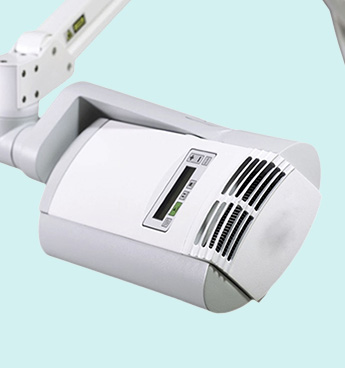
Some low risk skin cancers are suitable for non-surgical treatments such as certain prescription creams and photodynamic therapy. By avoiding surgery in some of these cancers, we can avoid surgical complications as well as maintaining your cosmetic appeal.
Some more common complications include:
- Prolonged discomfort
- Bleeding
- Infection
Non-surgical treatment has good cure rate for selected low-risk cancers. However, these are not appropriate for all cancers especially dangerous cancers such as melanoma, high-risk basal cell carcinoma and squamous cell carcinoma.
We will discuss these options with you and make the appropriate treatment plans together during the consultation.

SKIN CANCER TREATMENTS
Non-surgical treatments include
- Photodynamic therapy (PDT): PDT is a fast, safe and effective treatment for low risk skin cancers. These treatment are readily available in the clinic and require minimal further follow up care from you after treatment. PDT utilizes photosensitizing medication, oxygen and light to generate a photochemical reaction which can destroy cancerous cells while minimizing injury to normal skin cells. Read more about photodynamic therapy here.
- Imiquimod (Aldara): This self-applied cream is suitable for superficial basal cell carcinoma and intraepidermal carcinoma. Usual regime usually requires you to apply the cream 5 times a week for a total of 6 weeks.
- 5-Fluorouracil (Efudix): This self-applied cream can be used for intraepidermal carcinoma and occasionally for suitable basal cell carcinoma. Usual regime usually requires you to apply once or twice daily for 3 to 6 weeks.
- Cryotherapy: Liquid nitrogen spray (-190 oC) may be a suitable option for low risk skins cancers such as superficial basal cell carcinoma or intraepidermal carcinoma. This method of treatment is fast and cost effective.
The main drawback is that for cryotherapy to be effective for treatment of low risk skin cancers, treatment needs to be much more aggressive than when treating sunspots. This may result in large blisters which may take weeks to heal and leave permanent hypopigmentation (white spots) on your skin. - Radiotherapy: Radiotherapy is a unique non-surgical treatment for skin cancers. It may be used in many ways. It may be used after surgery (adjuvant treatment) for high-grade skin cancers. It can be used as primary treatment where surgery is not possible or if the risk of surgery is too high (e.g. due to other medical issues). The long term appearance post treatment may be suboptimal. It is usually reserved for elderly patients when used as primary treatment.

